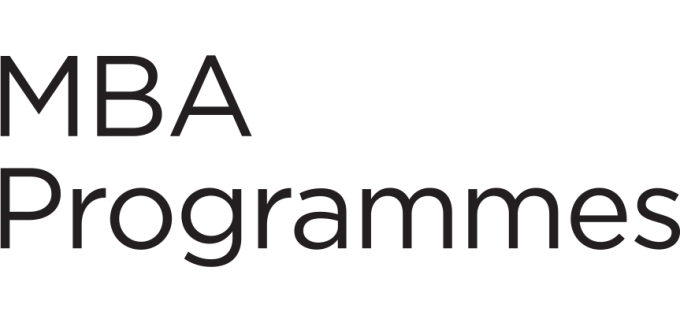核心课
November 7, 2023 2025-12-23 12:47核心课
港大在职MBA(大湾区模式)核心课
港大在职MBA(大湾区模式)核心课

MBA课目免除
核心课
商业决策会计学
本课目的主要目标是促进对基本会计概念和实践的深入理解,并提高学生在各种决策环境中应用这些概念的能力。本课目涵盖的主题不仅包括财务信息编制方面的会计技术方面,还包括为何此类信息与公司管理相关的推理。此外,本课目还涵盖基本的财务报表分析技能和成本管理问题,超出典型的财务会计主题。
管理者的数据商业分析
本课目旨在为学生提供必要的技能和知识,从而在所有业务分类中领导和管理数据驱动的项目。主题包括但不限于业务数据分析的原则、分析数据的基本技术以及预测性和规范性分析的简介。整个课目的重点是概念和推理。通过讲座、案例研究、计算机研讨会和讨论的组合,学生应该获得或重新获得用于决策的数据分析方面的一些特定技能,但更重要的是,在业务环境中成为这些工具的更明智和批判性的用户。学生应该更加自信地针对已完成的定量工作提出关键问题,并就数据分析如何成为组织的竞争优势形成批判性观点。
商业伦理与ESG︰构建可持续发展模式
本課程涵蓋影響職業表現的學習、溝通及倫理推理技能。課堂將向大家展示,我們每個人都可能受到不道德行為的影響,因此需花時間規避那些會誘發不道德行為的情境。課程將重點探討倫理框架,以及在商業環境中運用倫理視角時,進行知情自我反思的機會。此外,還會涉及 ESG(環境、社會和公司治理)與企業社會責任相關主題,聚焦這些領域對構建可持續商業的助力作用。
顶点项目
学以致用项目要求学生分组工作,对公司进行详细分析。学生必须在课程学习一开始就选择一家具体公司,通常是一家上市公司,其财务和运营数据均为公开向信息,并确定所选公司面临的重要挑战,进行深入分析,制定战略选择,并提出战略建议,通过应用在各种核心课程中获得的知识来应对计划过程中的挑战。学以致用项目将持续整个课程期间,包括提交初步报告、提交最终书面报告和口头陈述。
竞争策略
本课目专注于制定和实施业务战略以实现卓越绩效。战略管理课程的目的是让参与者熟悉作为制定和实施成功战略基础的核心概念和技术。本课目的主要重点是学习如何在判断复杂的管理情况时使用和应用这些技能。战略管理课程的独特贡献在于:整合了学生已经学过的不同观点,并允许学生将这些观点应用于复杂和现实的一般管理情况。因此,本课目的最终目标是培养学生作为总经理的判断力。
企业金融
本课目让学生了解:(i)企业经理、决策者和投资者遇到的财务问题,(ii)评估企业投资和融资决策的财务模型和分析技术,(iii)有关此类企业财务理论的实际问题,及(iv)财务管理工具和策略的最新发展。
宏观经济学:全球视野
本课目为理解国际宏观经济和贸易提供了基本框架。分析了宏观经济的结构和表现,以及宏观经济政策在国内和全球背景下的影响。主题包括经济周期和经济增长、财政和货币政策、汇率和贸易政策等。特别关注中国内地和香港的经济以及当前的经济问题。
管理数字创新
資訊技術(IT)催生了新的商業模式,同時影響著買賣雙方的交易方式、企業與客戶及供應商的互動方式、企業內部活動的組織方式,以及個人對技術的運用方式。技術、個人與業務流程的融合,讓當下及未來的管理者與領導者能夠洞悉並闡釋這些工具在整個供應鏈中的戰略潛力。本課程整合了資訊系統與運營管理的基本原理,涵蓋 IT 管理、用戶行為,以及企業運營流程和供應鏈的關鍵領域。
管理层经济学
管理经济学是经济学的一个分支,将微观经济分析应用于商业决策。为了有效地管理一家公司,经理需要对成本、定价、市场力量、竞争策略和内部组织有很好的了解。我们将逐步开发这些经济概念,并展示如何将其应用于管理决策。本课目提供的分析和原则将成为理解其他商业科目(如会计学、市场营销、企业财务和人力资源管理)的基石。
营销策略
本课目涵盖与制定营销决策所需的价值创造和传递相关的概念和分析工具。讨论和学习提供全球化背景,特别是在亚洲和中国市场。该课目将通过互动课堂讨论、练习、及案例分析,以研讨会模式进行。
Core Courses
Accounting for Business Decisions
The main objective of this course is to promote an in-depth understanding of fundamental accounting concepts and practices as well as to enhance your ability to apply such concepts in various decision making contexts. Topics covered in this course include not only technical aspects of accounting in terms of how financial information is prepared; but also reasoning for why such information is relevant to the management of a firm. In addition, the course covers essential financial statement analysis skills and cost management issues, which go beyond typical financial accounting topics.
Business Ethics
This course addresses learning, communication, and ethical reasoning skills that impact professional performance. In this class we demonstrate how we are all susceptible to unethical behavior, and therefore should take time to avoid situations wherein unethical behavior is incentivized. Specific attention will be paid to ethical frameworks and the opportunity for informed self-reflection in applying ethical perspectives in a business context. Topics on corporate social responsibility and corporate governance will also be included.
Macroeconomics: Global Perspectives
This course provides a basic framework for understanding international macroeconomics and trade. It analyses the structure and performance of the macro-economy, as well as the implications of macroeconomic policies in both the domestic and global contexts. Topics include business cycles and economic growth, fiscal and monetary policies, exchange rate and trade policies, etc. Special attention will be paid to the economies of the Chinese mainland and Hong Kong, as well as current economic issues.
Corporate Finance
This course provides you with the understanding of (i) financial issues encountered by corporate managers, decision makers and investor, (ii) financial models and analytical techniques to evaluate the investment and financing decisions of firms, (iii) practical issues about those corporate finance theories, and (iv) the recent development of financial management tools and strategies
Managerial Economics
Analytics for Managers
This course helps you become more comfortable with uncertainty and will equip you with basic methods of analysing data widely applicable in all business disciplines. The emphasis throughout the course is on concepts and reasoning. Through a combination of lectures, case studies, computer workshops and discussions, you will acquire specific skills in data analysis for decision making, but more importantly, become a more informed and critical user of these tools in business settings. You will become more confident in asking critical questions about quantitative analysis and develop a critical view on how data analytics can become a competitive advantage for organizations.
Capstone Project
Competitive Strategy
This course will focus on formulating and implementing business strategies to achieve superior performance. The purpose of the course in strategic management is to make participants familiar with the core concepts and techniques that function as foundations for formulating and implementing successful strategies. The main focus of the course is to learn how to use and apply these skills when judging complex management situations. The distinctive contribution of the strategic management course is that it integrates the different perspectives that you have already learned and allows you to apply these perspectives to complex and realistic general management situations. The ultimate goal of this course is therefore to develop your judgment as a general manager.
Managing Digital Innovation
Information technology (IT) enables new patterns of commerce and affects how buyers buy and sellers sell, how firms interface with their customers and suppliers, how activities are organised internally within the firm, and how individuals utilise technologies. The integration of technology, individuals, and business processes makes it pertinent for the managers and leaders of today and tomorrow to be able to understand and communicate the strategic potential of these tools across the entire supply chain. This course integrates the fundamental principles of information systems and operations management to cover key aspects of IT management, user behaviour, and a firm’s operating process flow and supply chain.
Marketing Strategy
Concepts and analytical tools related to value creation and delivery needed for making marketing decisions will be covered in this course. Contexts for discussion and learning will be global, with special reference to markets in Asia and China. The course will be delivered in a workshop mode via a blend of interactive class discussion & exercises, and case analyses.










